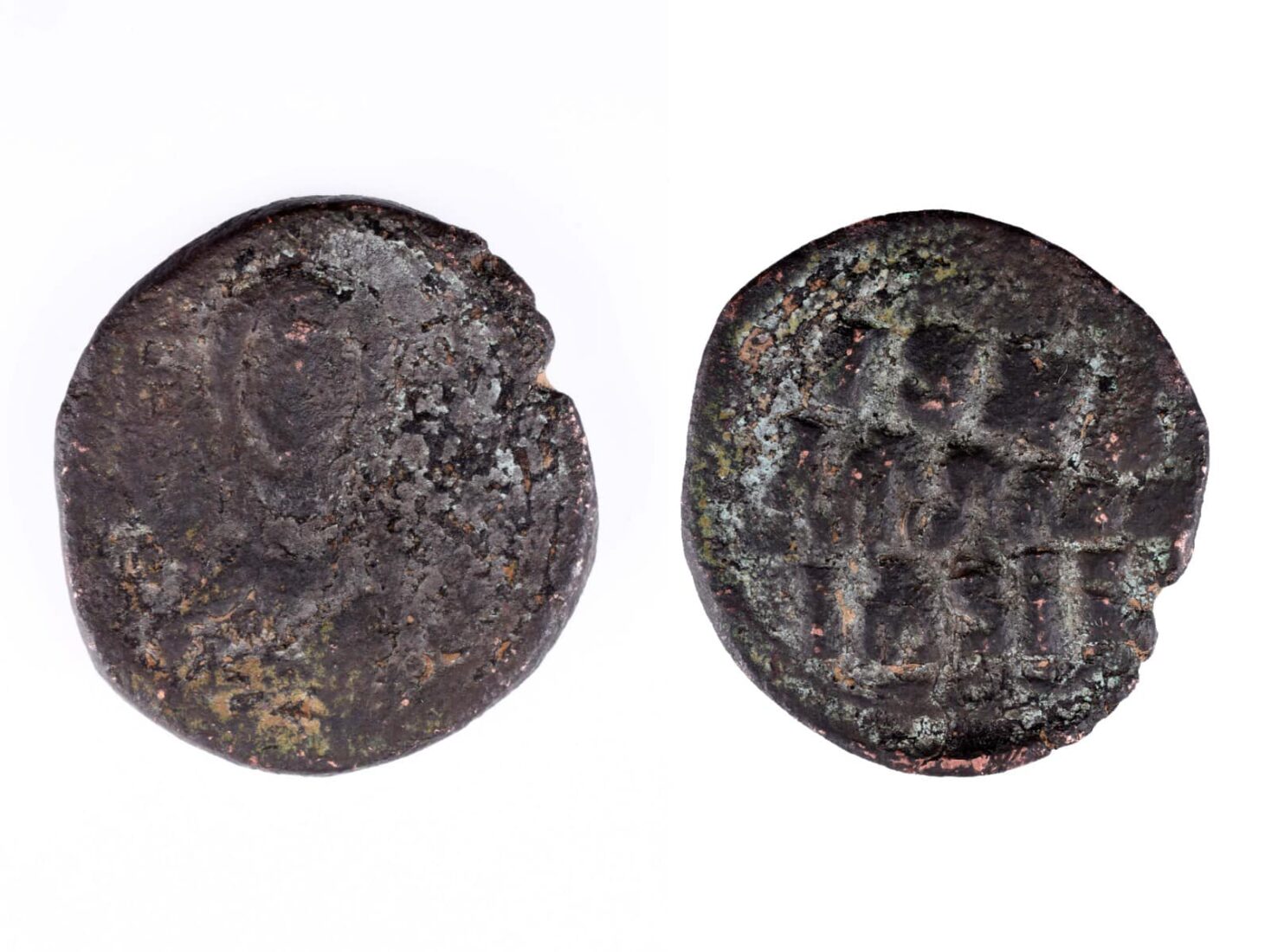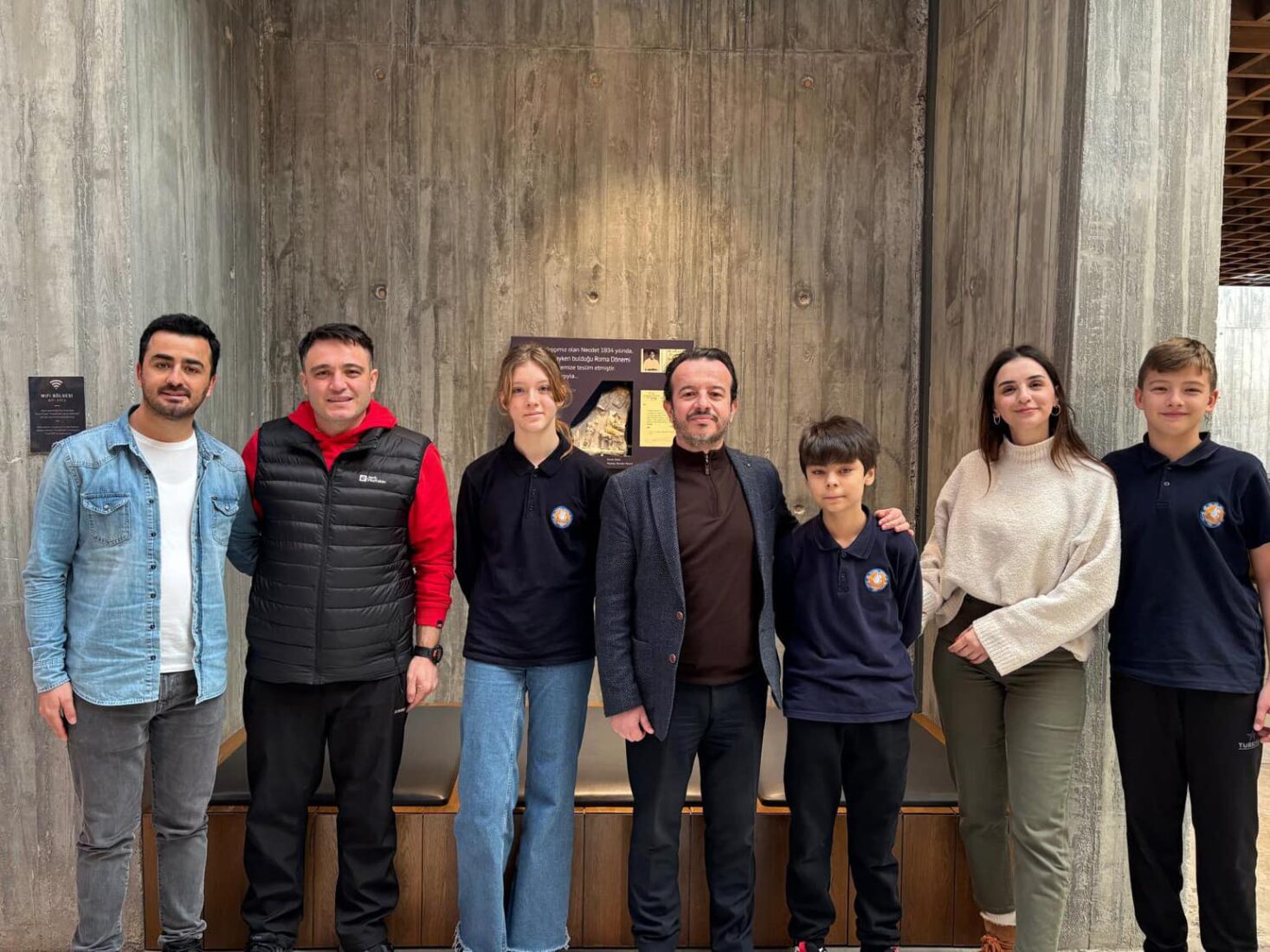
A young student from Canakkale has made an extraordinary discovery while exploring the streets of Balikesir. Ali Osman Islak, a middle school student from Lapseki Huseyin Akif Terzioglu Middle School, stumbled upon an ancient coin believed to date back nearly 1,000 years to the Byzantine Empire.
Recognizing the historical significance of his find, Islak, along with his social studies teacher Erdinc Ozdinc, decided to hand over the coin to the Troy Museum.

Experts at the museum conducted a detailed examination and confirmed that the artifact dates back to the 10th century A.D., during the Byzantine era.
Troy Museum Director Ridvan Golcuk expressed his gratitude to both Islak and his teacher for their conscientious efforts in preserving cultural heritage. In an official statement, the museum highlighted the importance of young individuals contributing to the preservation of history:
"Ali Osman Islak, a student from Lapseki Huseyin Akif Terzioglu Middle School, has donated a Byzantine-era coin he discovered in Edremit to our museum, accompanied by his social studies teacher, Erdinc Ozdinc. He follows in the footsteps of past young contributors, such as 11-year-old Necdet, who donated a Roman-era stele in 1934, and 10-year-old Onur Cimen, who last year gifted a coin he found near his home. Cultural treasures are entrusted to children like Ali, Necdet, and Onur. Just as they safeguard our past, they also carry our future. Long live our young protectors of heritage."

This inspiring act serves as a reminder of the importance of cultural awareness among younger generations. Türkiye’s museums continue to benefit from such conscious efforts, ensuring that the nation’s rich history is preserved for future generations.
The story of Ali Osman Islak stands as a testament to the role that even the youngest members of society can play in protecting the past.